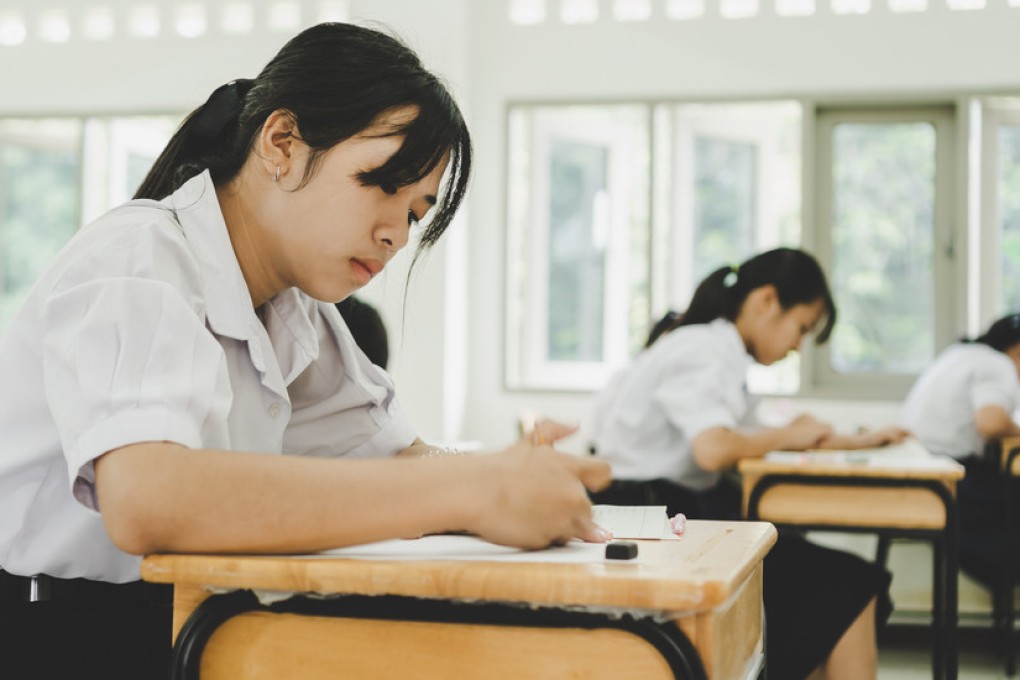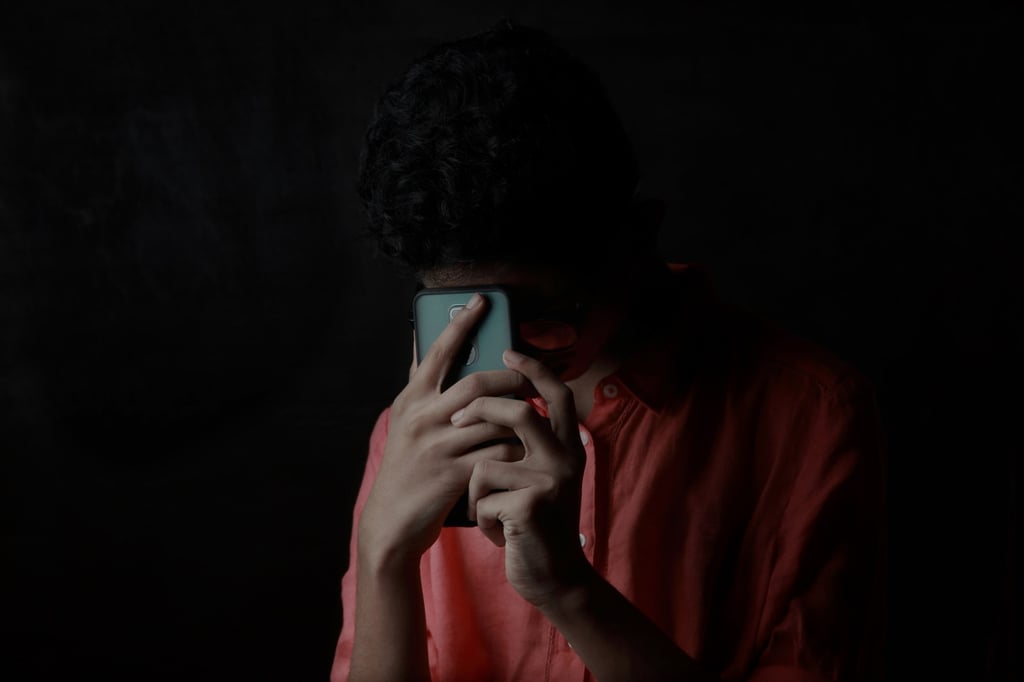How to help your children adjust to in-school classes: experts offer tips after 2 years of virtual lessons during the pandemic
- Perfectionists and high achievers returning to class after online lessons are prone to anxiety, says psychiatrist, who’s seeing more panic attacks and self-harm
- Parents are advised to spend time with teen children, connect with them and show them how to practise self-care and self-compassion – and be kind to others

After two years of mostly online schooling for teenagers around the world, the start of the academic year this autumn came with a bump and secondary school students are showing increased levels of anxiety and depression. What is going on? And what can parents do?
“[With] online schooling [it] is almost impossible to concentrate at the best of times. Some have coped well, but a lot of students are struggling – and now that it’s face-to-face tuition, it’s apparent who is behind,” says Hong Kong psychiatrist Dr Elisabeth Wong.
“In a typical week in my clinic, it’s very obvious in the number of new student cases coming to me and coming in with quite severe pathology – panic attacks, a lot of severe cutting,” says Wong, referring to self-imposed injuries caused by a sharp instrument.
In October, the Hong Kong Federation of Youth Groups polled 3,600 secondary school pupils and found that 51.9 per cent were showing signs of depression.

As secondary schools pick up the pace, Wong says the students who are finding it especially hard are those with personality types that are more prone to anxiety – the perfectionists and high achievers.